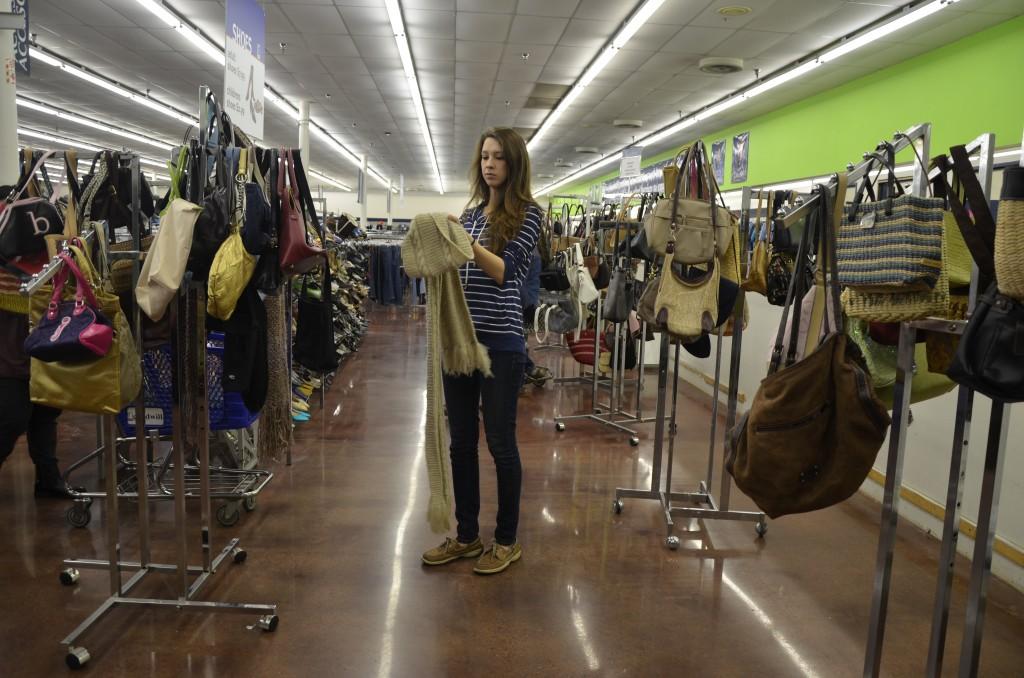By Anderson Colemon/south news editor

Georgia Philips/The Collegian
In addition to TCC offices helping students, some counselors and faculty give veterans a common goal through veteran programs offered through the college.
The individual campuses offer specialized counseling, student organizations and presentations geared toward veterans returning to school.
David Sallee, a Vietnam War veteran, focuses his attention on helping his fellow military brethren by heading the NE Campus Veterans Association.
“I want the community to know those who have served, honor them for their commitment to their education and honor their military life to their civilian life,” he said. “And that’s not easy to do sometimes.”
Sallee wants veteran students to know that even though they’re no longer in uniform, they’re still part of a group.
“So our idea is to continue that so that we can work together to help and assist each other whatever the needs are whether it’s financial, academic or social,” he said.
The association’s goal is to start a peer-tutoring group to help veterans express anything going on with each other.
“They tend to respond better to other veterans,” he said.
Most veterans who transition into NE Campus meet with academic affairs counselor James Varnado, who guides them in the right direction for academic success.
Varnado, an Army and Air Force veteran, currently devotes himself to being a counselor and advocate for veterans who return to school and seek academic guidance.
“Veterans have special needs,” Varnado said. “I feel a special connection with them, and sometimes there’s a specific culture that veterans project, and those specific experiences most civilians don’t understand.”
Varnado said more attention has been given to veteran issues really, but veterans still have great difficulty adjusting once they’re back home.
“By me being an advocate and veteran, I ultimately feel responsible for their care,” he said. “When veterans are hurting, it really affects me.”
Counselors like William Cobb and Sarah Ary focus on success after service through the Veterans Success Program.
Cobb has 25 years of experience in the field of vocational rehabilitation and has worked as a veteran counselor for the Department of Veterans Affairs. He now serves as a counselor on NW and NE.
“The TCC district has become a more friendly school and, as such, has entered into a cooperative agreement to bring counselors from veteran affairs to the campuses,” he said. “We are cooperating to have resources to veterans on the TCC campuses.”
Ary, a counselor on South, is a Navy veteran who has been a vocational rehabilitation counselor helping veterans for seven years.
Besides offering educational support and guidance, the veteran counselors provide vocational explorations and help veterans find suitable careers.
“Our goal is to provide a wraparound service and to help the veterans know where the benefits are at TCC,” she said. “It’s a great program that is out to help veterans.”

























